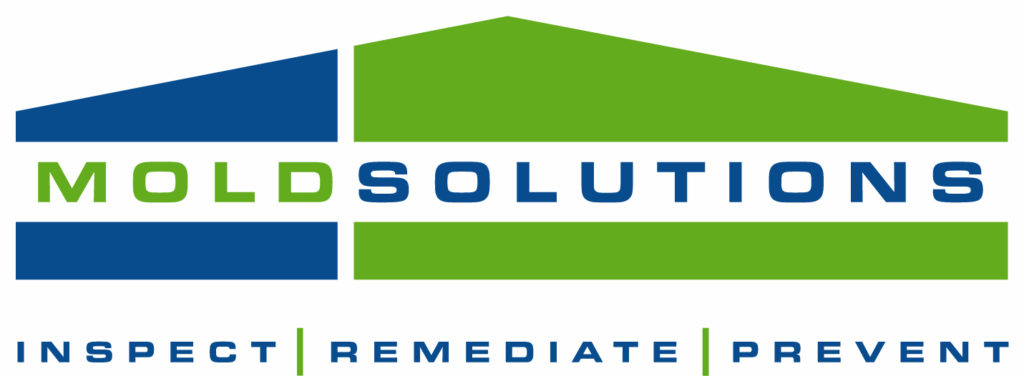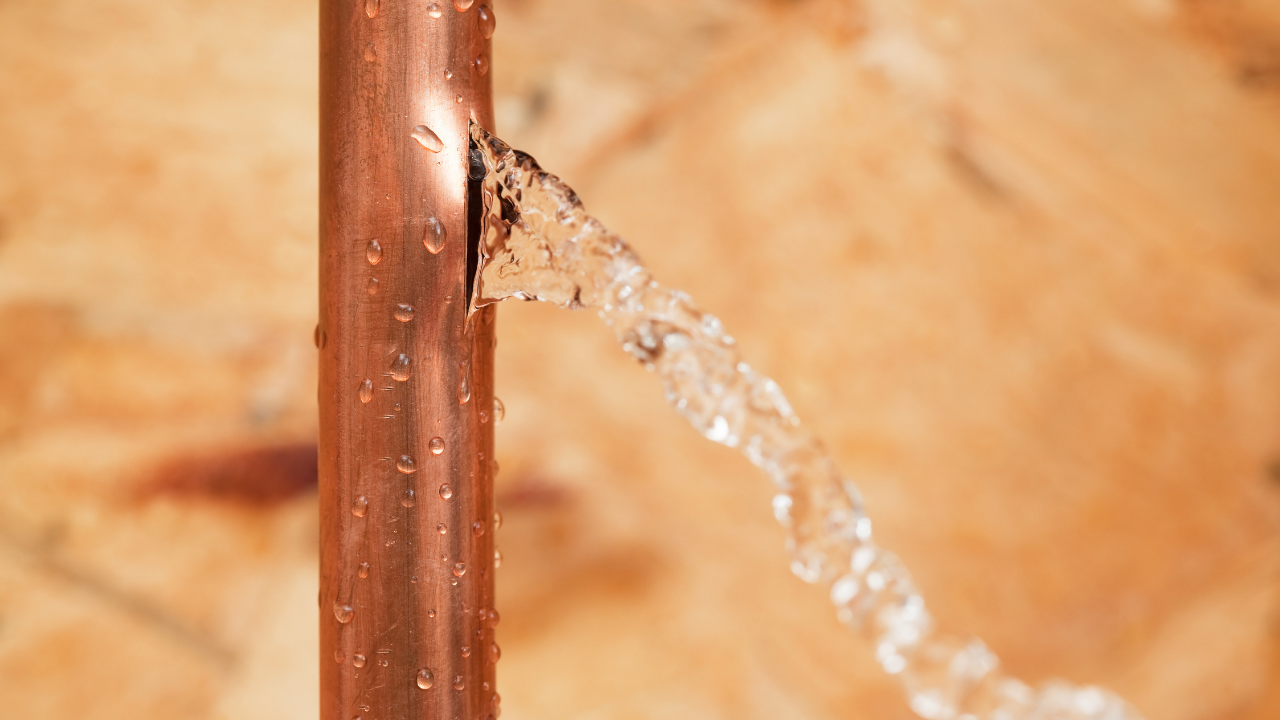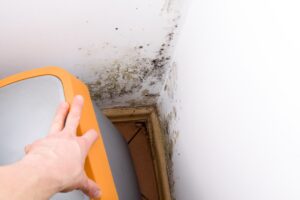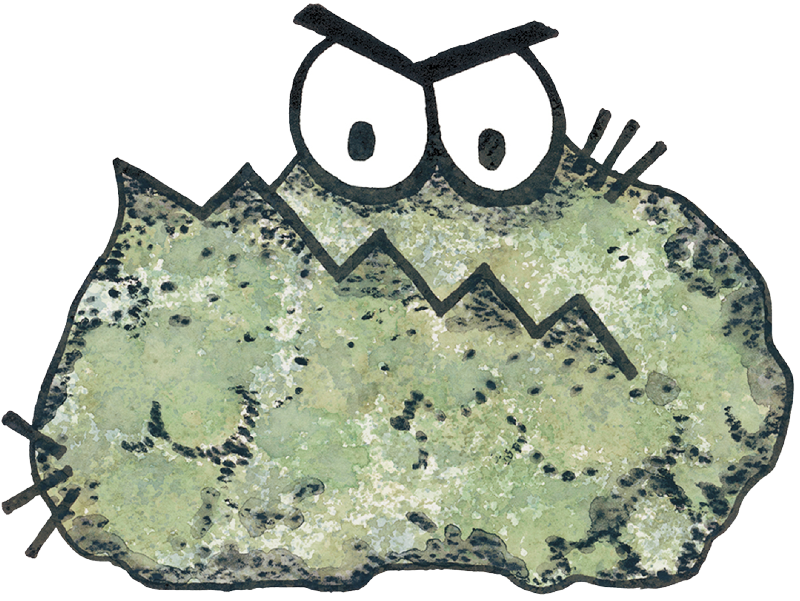Although it’s true old homes are predisposed to frozen pipes, it can still happen to any home. The risk of frozen pipes is tied to their location inside your home and the type of insulation that protects them. Since water expands when it freezes, weak pipes can leak or even burst.
This article will take you through the ins and outs of frozen pipes and what you should do when dealing with them.
Will Frozen Pipelines Burst?
It’s important to remember that not all frozen pipes burst. However, when they do, it’s because water tends to expand when it freezes, which adds more pressure to the pipes. The pressure then creates cracks along the length of the pipe or tiny leaks at its joints. When that happens, the water inside the pipe starts to flow out and can cause water damage to your home.
How to Identify a Frozen Pipe
You can identify a frozen pipe by taking a look at it. Simply put, if a pipe is coated in frost or bulging, you are most likely dealing with a frozen pipe. Yet, since not all pipes are visible, you also need to check for other signs. For instance, toilets that don’t refill after a flush, or faucets that don’t flow as usual are a clear sign of frozen pipes.
How to Unfreeze It
Before attempting to unfreeze the pipe, you first need to shut off the main water supply. The reason behind this is that frozen water may act as a plug, which blocks the pipe and prevents any leaks through its joints and cracks. If that’s the case, when you unfreeze the pipe, water may burst out, which could flood your home. It’s also a good idea to bring a couple of towels, a mop, and a bucket in case you are dealing with a leak.
You can then use a heat lamp, space heater, or even a hairdryer to unfreeze the pipe. Another effective way to handle a frozen pipe is to use a thermostatically controlled heat tape and wrap it around the pipe. But whatever you do, never use a propane torch, as it poses a fire risk.
What To Do if the Pipe Bursts?
Sometimes, no matter how much you try to prevent it, the frozen pipe may burst. If you haven’t already done so, make sure to shut off the main water supply immediately to reduce water damage.
Afterward, if your home is flooded, make sure to remove the water with the use of sponges, mops, towels, and a wet vacuum. To minimize the risk of mold, remember to run a dehumidifier until you remove the majority of the moisture from the air.
Final Thoughts
While frozen pipes can damage your home, you can always unfreeze them before they burst. But sometimes, no matter how much you try, you’ll end up with water damage, which often leads to mold and mildew.
If that happens, you should contact a local mold remediation contractor, such as Mold Solutions. Thanks to our experience and cutting-edge equipment, we are able to inspect and remediate your mold problems.
So don’t let mold take over your home; give us a call today and let our team handle it.








